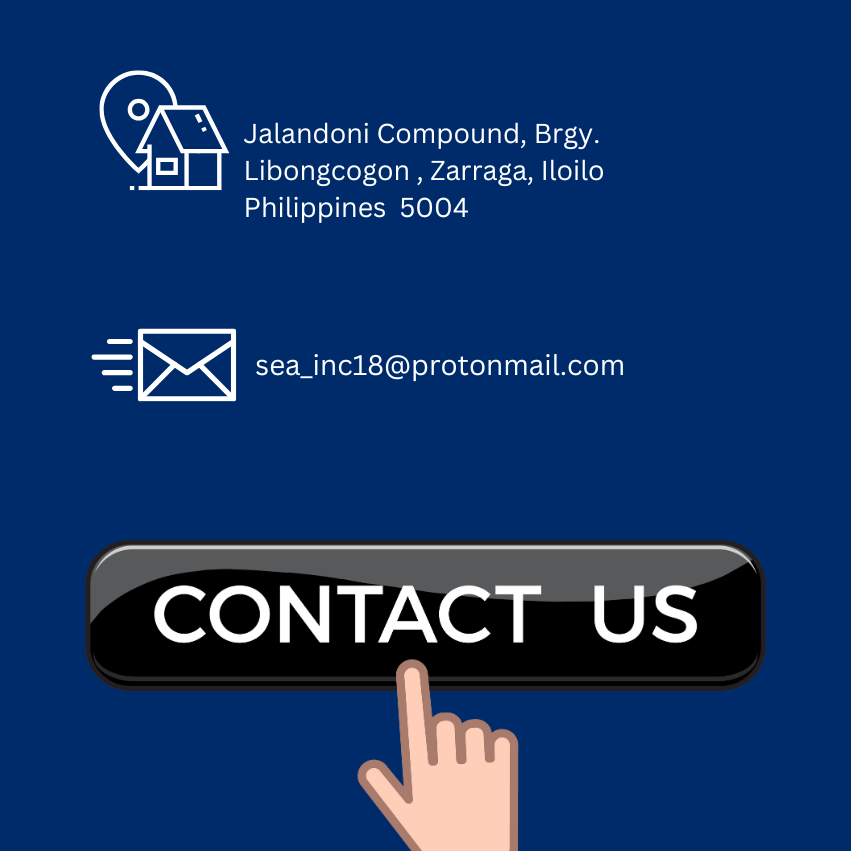Several decades ago, Ronald Coase, a world-renowned economist, introduced the concept of “transaction cost” into economics. His profound research showed that human beings invented economic institutions in order to reduce the transaction cost of doing business. Low transaction cost made business more efficient and productive. Coase won the 1991 Nobel prize in economics for his work.
So the question arises: just what exactly is the reason for high or low transaction cost? Coase answered this question. He showed the intimate connection between transaction cost and trust. Yes, trust! High cost was the result of distrust, and low cost the result of trust, among those involved in a transaction.
Just consider this example: US investors doing business in China bring with them a battery of lawyers and consultants to ensure that they are not cheated by their Chinese counterparts. It is a high transaction cost situation. Meanwhile, the Chinese do business with each other, whether within China or in the region of southeast Asia, without resorting to lawyers. Instead they rely on word of honor. One phone call and a verbal agreement between parties are enough to seal a business deal.
Trust results in the flow of millions of dollars with very little financial cost. And with this, we come face to face with the key ingredient in making solution ecosystems work: trust. And trust is an inner condition, an inner quality, that is not automatic. One has to develop the necessary qualities in order that one can be trusted. One has to facilitate sectoral encounters in such a way that deep trust develops among participants. When this happens, then the solution ecosystem will function in high gear. In the end, harnessing the power of solution ecosystems depends on whether or not we have learned to transform ourselves so that we become instruments of trust and cohesion, and not distrust and disintegration.
The science and art of solution ecosystems are clear. But to implement it in the Philippine setting, two things have to happen. One, there has to be a massive change in the mindset of thousands of Filipinos. There has to be inner change. They cannot continue believing that things will go back to normal in a few months or even in a few years. It never will. We are entering a totally unprecedented and hostile era in the history of humanity on this planet, brought about in large measure by peoples’ inhumanity to each other and to nature.
More difficult will be the second requirement needed to arise from the ashes of destruction and decay plaguing Philippine society. We will all have to consciously understand and overcome our deep seated instinctive fear of the unfamiliar and the automatic distrust of people who are not like us in order to create wide-ranging societal partnerships (solution ecosystems). If we cannot do this, we cannot tackle the tremendous challenges of climate change, poverty, corruption, and a host of other obstacles to advancing what is best for the country. And we can achieve this only on the basis of a profound inner change that enables trust, openness, and cooperation to power these solution ecosystems.




Leave a Reply